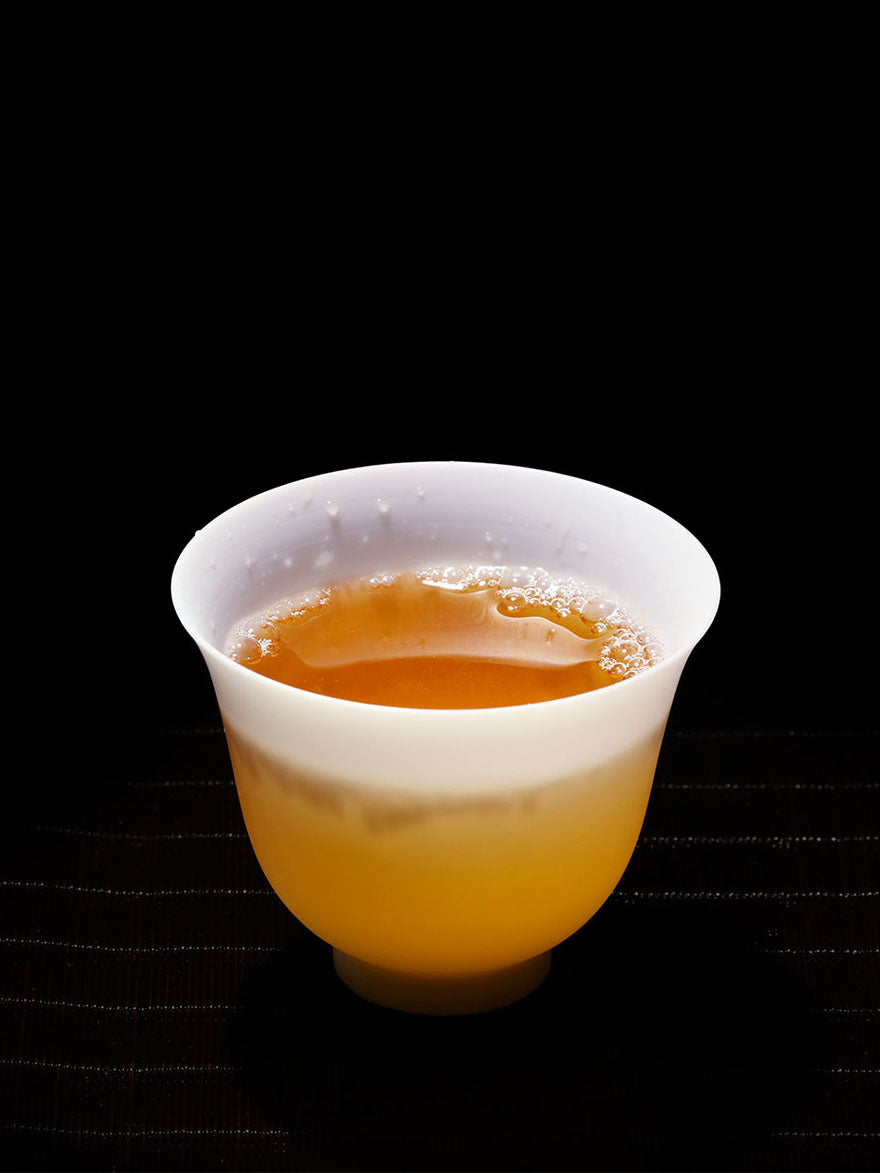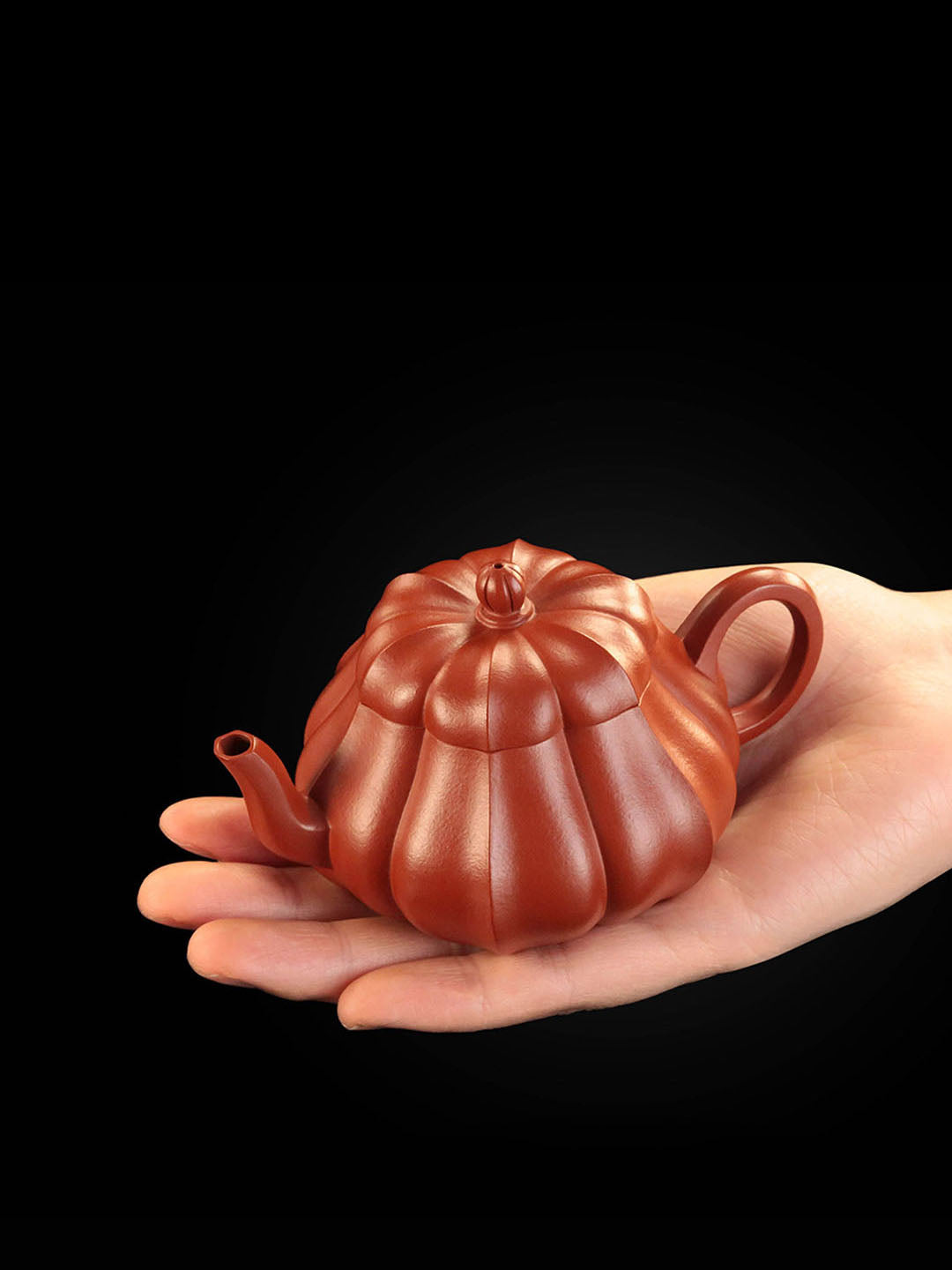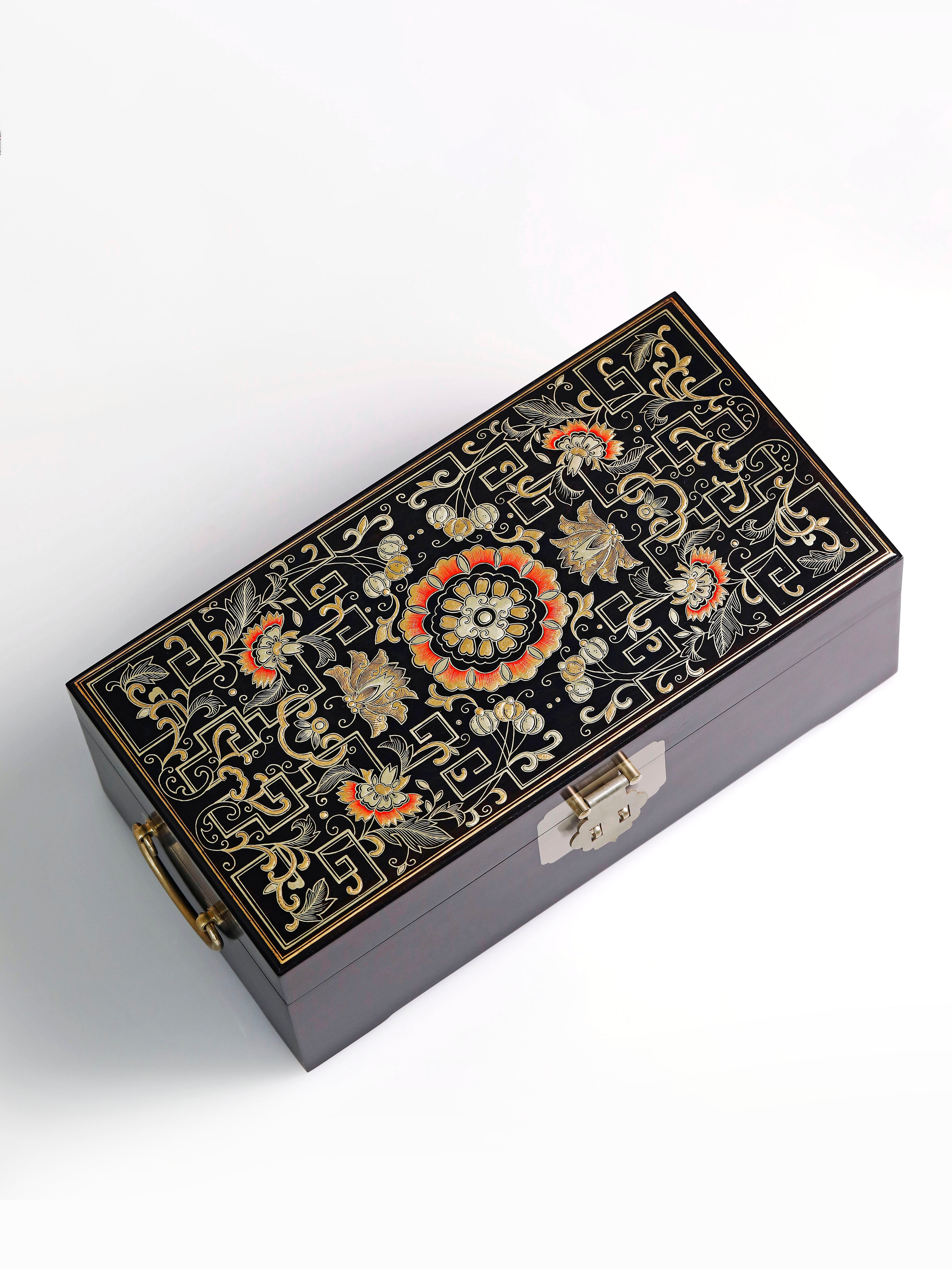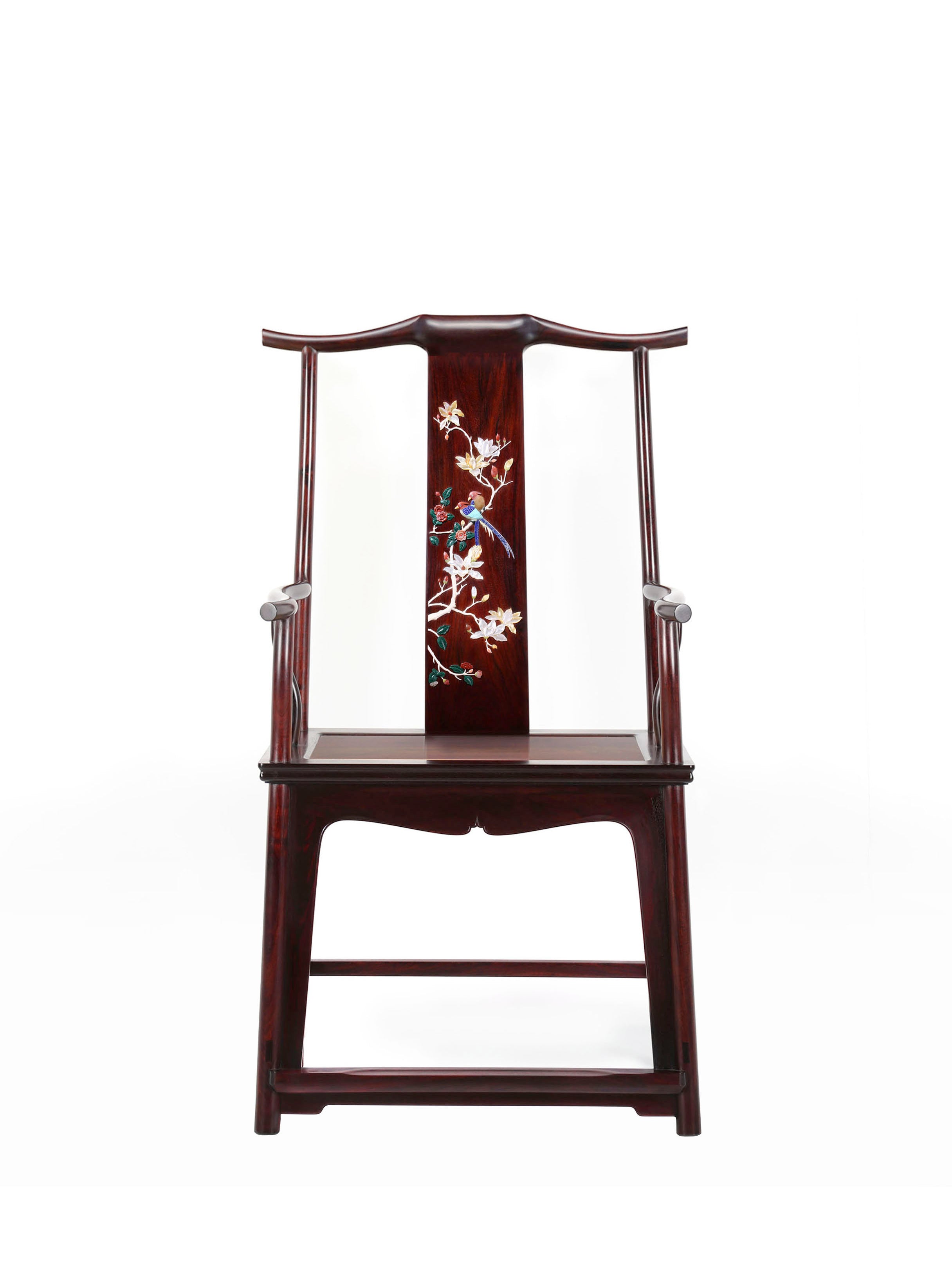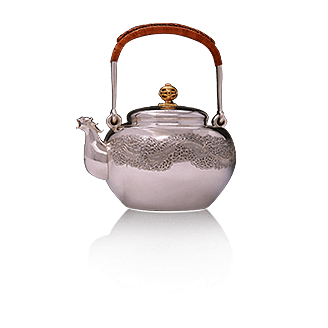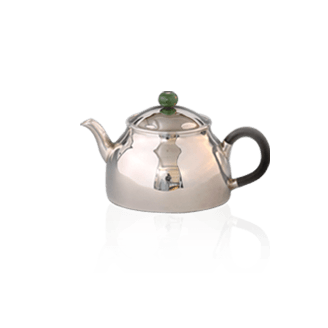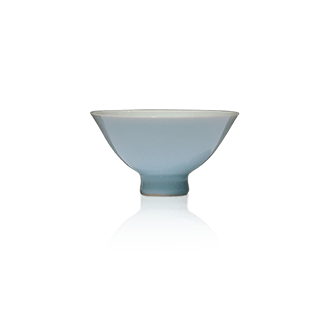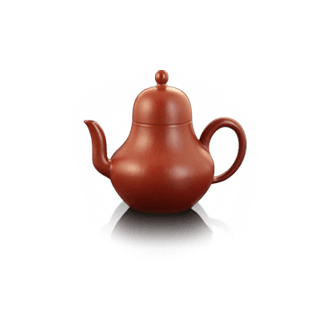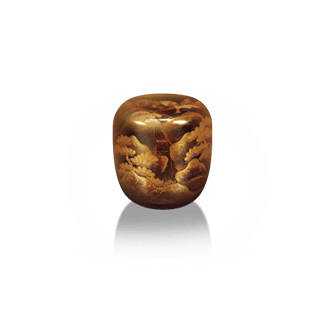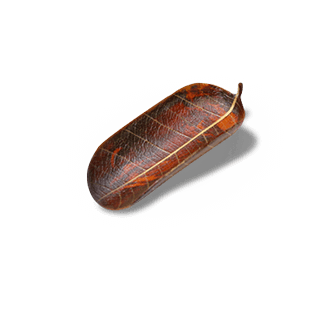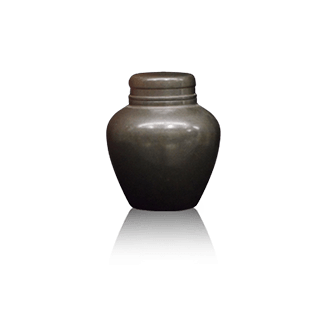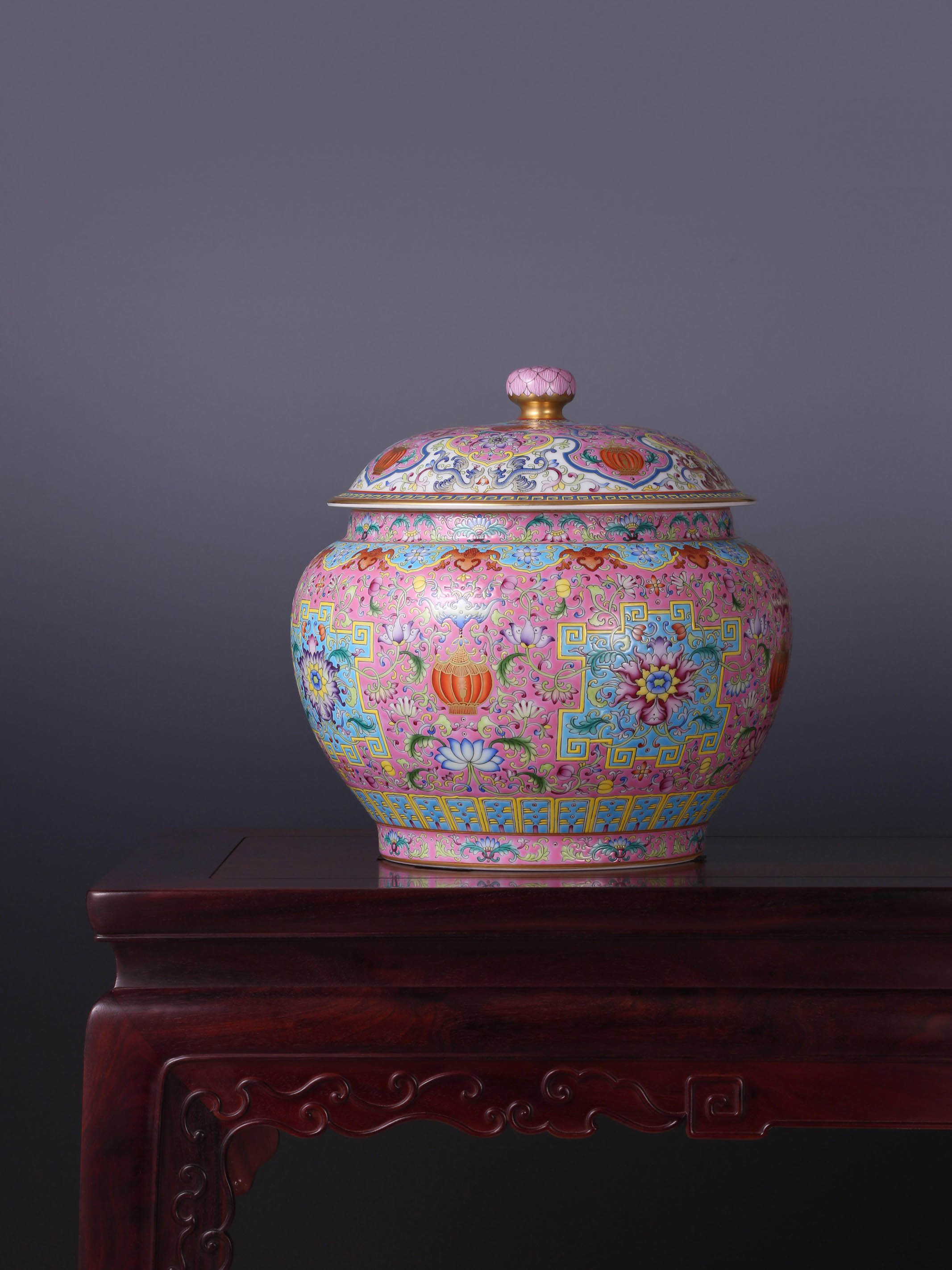
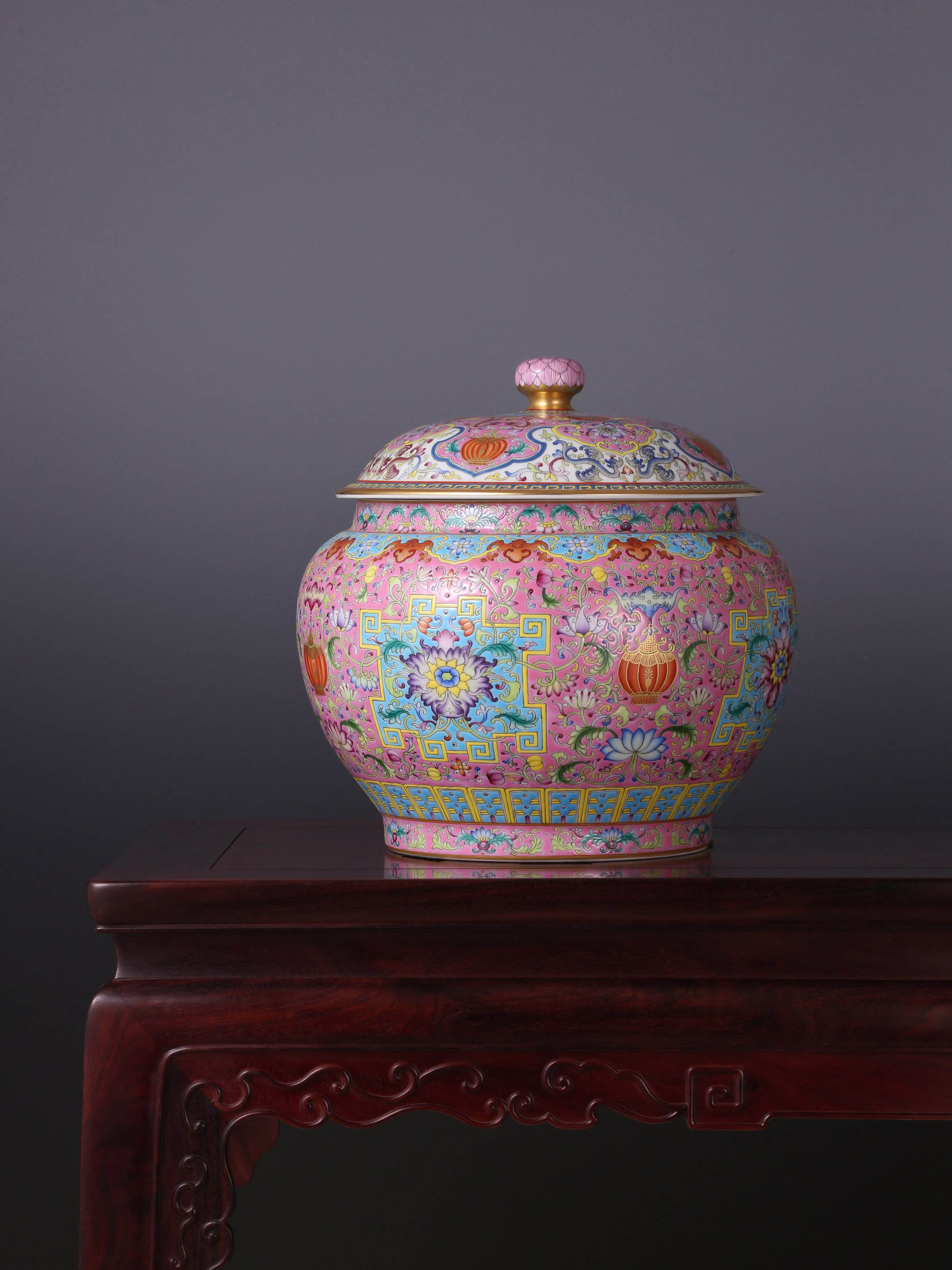
Dayazhai Longevity and Treasure Flower Tea Canister




Dayazhai Longevity and Treasure Flower Tea Canister
Dayazhai Longevity and Treasure Flower Tea Canister
Dayazhai Longevity and Treasure Flower Tea Canister
Vessel Type: Large Tea Canister
Artist: dayatang
Material: Porcelain )
Specifications: Diameter: 30cm; Overall height: 32cm
Vessel Type: Large Tea Canister
Artist: dayatang
Material: Porcelain )
Specifications: Diameter: 30cm; Overall height: 32cm

Large Tea Canister with Twining Lotus Flower Design for Longevity
This large tea caddy adorned with intertwined lotus blossoms and auspicious motifs was jointly crafted by Xu Zhijun, an inheritor of the Qing Dynasty imperial kiln famille rose porcelain painting technique from Jingdezhen, and Zhang Jian, a master of overglaze enamel and gold-leaf technique, along with several other artisans. It employs various techniques including enamel painting, iron-red enamel, and gold leaf application, and undergoes four firings. The designs feature intertwined lotus blossoms, lotus flowers, lantern patterns, and more, each with a meaningful and auspicious meaning. The exquisite decorations and elegant colors achieve a perfect and refined aesthetic.
Treasure flower:
The term "Baoxiang" originates from Buddhism. It is a respectful term used by Buddhist believers to refer to the image of the Buddha, and it represents an ideal flower shape that is pure, dignified, and beautiful.
The term "Baoxianghua" does not refer to a single flower shape. It is a pattern that has undergone artistic refinement, incorporating and refining elements from various flowers such as lotus, peony, and pomegranate.
The lotus flower pattern originated and flourished in the Tang Dynasty, inheriting the Tang Dynasty's aesthetic tendency of valuing fullness and the characteristics of national art and culture. By the Song Dynasty, the lotus flower pattern had changed from its rich and luxurious style to become more regular and simple. The Song Dynasty also saw the emergence of the intertwined lotus flower pattern, which also had a more obvious sense of movement.
vine pattern:
The exterior is painted with enamel-painted intertwined branches, with clear veins and graceful, dynamic foliage. The continuous structure of the branches and leaves symbolizes "endless life".
Lantern pattern:
Lantern patterns are auspicious decorative motifs. Hanging lanterns is believed to pray for the addition of sons and wealth to the family. Lanterns are hung during Chinese New Year celebrations, with the Lantern Festival taking place on the fifteenth day of the first lunar month. In some dialects, the word for "lantern" is a homophone for "son," so "lighting a lantern" signifies "adding a son"; therefore, in some regions, it is believed that women walking under lanterns will have many children.
Lantern patterns were popular during the Ming and Qing dynasties; intertwined vine patterns originated around the Han dynasty and flourished during the Northern and Southern Dynasties, Sui and Tang dynasties, Song and Yuan dynasties, and Ming and Qing dynasties.


Enamel:
Besides the intricate and exquisite painting, the large tea jar with intertwined lotus flowers and the symbol of good fortune and longevity requires four firings to complete, each with its own risks.
Enamelware from the Qing Dynasty was originally intended for the enjoyment of emperors and empresses. Enamel is a special type of artificially fired pigment. Before the sixth year of the Yongzheng Emperor's reign (1728), it had to be imported from Europe. After the sixth year of the Yongzheng Emperor's reign, the Qing Palace workshops were able to refine more than 20 kinds of enamel pigments themselves, which is a product of the peak period of ancient Chinese polychrome porcelain craftsmanship.








Frequently asked questions
Use the FAQ section to answer your customers' most frequent questions.
Order
Yes, we ship all over the world. Shipping costs will apply, and will be added at checkout. We run discounts and promotions all year, so stay tuned for exclusive deals.
It depends on where you are. Orders processed here will take 5-7 business days to arrive. Overseas deliveries can take anywhere from 7-16 days. Delivery details will be provided in your confirmation email.
You can contact us through our contact page! We will be happy to assist you.
